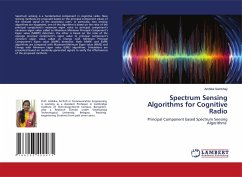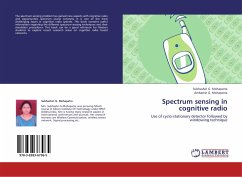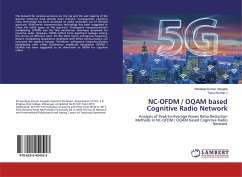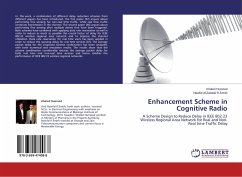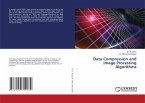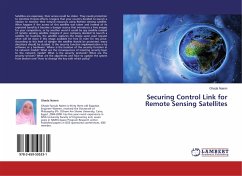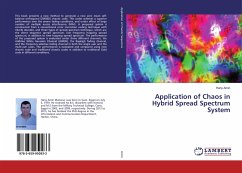Spectrum sensing is a fundamental component in cognitive radio. New sensing methods are proposed based on the principal component values of the received signal at the secondary users. In particular, two sensing algorithms are suggested, one of the algorithm is based on the ratio of the principal component's maximum eigen value to principal component's minimum eigen value called as Maximum Minimum Principal Component's Eigen value (MMPE) detection, the other is based on the ratio of the average principal component's eigen value to principal component's minimum eigen value called as Energy with Minimum Principal Component's Eigen value (EMPE) detection. Both MMPE and EMPE algorithms are compared with Maximum-Minimum Eigen value (MME) and Energy with Minimum Eigen value (EME) algorithms. Simulations are presented based on randomly generated signals to verify the effectiveness of the proposed methods.

